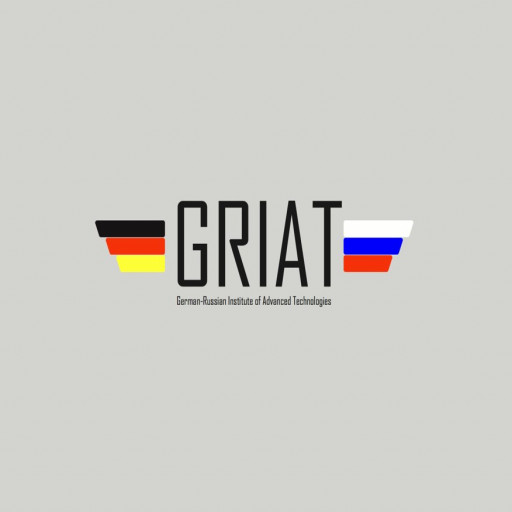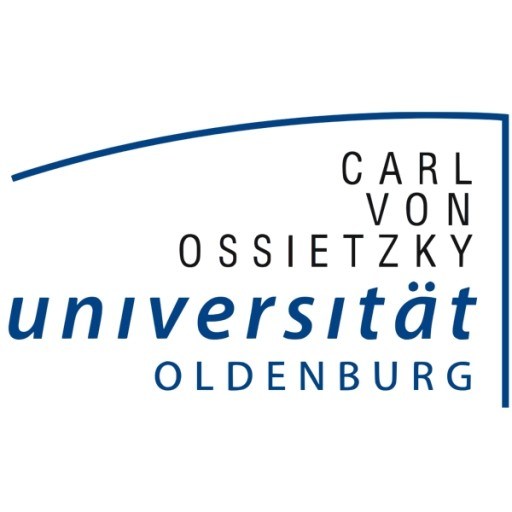Photos of university / #aaltouniversity
Engineering Physics is a multidisciplinary degree program offered at Aalto University that combines principles of physics, mathematics, and engineering to prepare students for solving complex technical problems and innovating in various fields of technology. This program provides students with a strong foundation in classical and modern physics, complemented by extensive training in computer programming, electronics, and mathematical modeling. The curriculum is designed to equip graduates with analytical and practical skills necessary for research, development, and engineering tasks in industries such as electronics, telecom, energy, automotive, and robotics. Students will have opportunities to engage in cutting-edge research projects, collaborate with industry partners, and participate in innovative problem-solving activities. The program emphasizes a combination of theoretical studies and applied laboratory work, fostering skills in designing experiments, analyzing data, and developing technical solutions. Additionally, students learn to work in multidisciplinary teams and improve their communication skills to present complex technical ideas effectively. The degree prepares graduates for diverse careers including research and development, product design, computational modeling, and systems engineering. Furthermore, the program offers specialization options allowing students to tailor their studies toward areas such as photonics, quantum technology, or sustainable energy solutions. With a comprehensive curriculum and state-of-the-art facilities, the Engineering Physics program at Aalto University aims to nurture critical thinking, creativity, and innovation, empowering students to contribute meaningfully to advancements in science and technology. Graduates are well-equipped for both further academic studies and leadership roles in the rapidly evolving technological landscape.
There are two majors in the Master's Programme in Engineering Physics from which students can choose from when they enter the programme: Engineering Physics and Physics of Advanced Materials. The former is more general whereas the latter focuses on materials and nanoscience in particular.
Engineering Physics
The Engineering Physics major consists of two parts: a core content and a flexible choice of courses selected by the student. The core courses of the major cover important topics for engineering physics and methods from computational, theoretical, and experimental physics. The core content includes also some choices for more detailed focusing on a certain subject. The rest of the studies have a very flexible structure, and provides the student with the possibility of focusing in physics, nanoscience, energy studies, or designing a more cross-disciplinary content for the major. The student can also choose to complete a minor subject, or complete a more extended major.
The objective of the major is to give the student the chance of profiling the studies for the future professional life while providing a very strong background in physics and mathematics. The studies include a lot of hands-on experience with research.
Recent Master’s thesis topics of Engineering Physics students include, e.g. Generation and shaping of light in spatially dispersive metamaterials; Dispersion relation and density of states for surface lattice resonance excitations; Jet flavors: from the standard candles to the top quark mass, Optical modelling of dye solar cells and colour characterization, and Evolutionary design of plasmonic nanoantennas for multispectral applications.
Physics of Advanced Materials
In the Physics of Advanced Materials major the students concentrate on materials in the wide sense. The academic environment provides a spectrum of contacts with top-notch research into advanced materials. The students are expected to focus either on experimental or theoretical and computational physics. The major is intended both for research-oriented students and for those who are particularly interested in advanced materials.
The major is comprised of core major studies and an extended major studies where the student chooses either a theoretical/computational or experimental track, reflecting his/her research interests.
Programme-specific admission requirements
The main admission criterion to the Master’s Programme in Engineering Physics is a high quality Bachelor’s degree in Engineering/Bachelor of Science in physics, materials science or a related field, encompassing a minimum of 180 ECTS credits or equivalent studies (i.e., a degree of at least three years of full-time studies).
- The applicant should have a strong background in mathematics and undergraduate physics (30 ECTS or equivalent in the latter). In addition, students interested in the theoretical/computational track of studies should have good computer skills.
- Advanced knowledge of condensed matter physics and/or practical experience with experimental and computational physics research techniques are considered an advantage.
- A very good GRE test score will also support the application (additional test, not mandatory for applying to the programme).
Students chosen to the programme may be required to complement their previous degree with complementary studies. Complementary studies cannot be included in the Master's degree.
The Department of Applied Physics offers the best students summer trainee/research assistant positions.
The Bachelor’s programme in Engineering Physics at Aalto University offers students a comprehensive education that combines fundamental physics, modern engineering principles, and mathematical skills to prepare graduates for versatile careers in technology and innovation. The program aims to develop students' ability to analyze, design, and implement technological solutions by providing a strong foundation in physics, mathematics, and computer science. Students gain hands-on experience through laboratory work, projects, and internships, which enhances their practical understanding of complex systems. The curriculum covers a wide range of topics, including classical and quantum physics, electromagnetism, thermodynamics, materials science, and computational methods. Emphasis is placed on problem-solving, critical thinking, and teamwork, which are essential skills in research, development, and industry roles. The programme also explores emerging fields such as nanotechnology, photonics, and renewable energy systems, aligning education with current technological trends and societal needs. Throughout their studies, students have opportunities to collaborate with industries, participate in research projects, and attend international exchange programs, fostering a global perspective. Graduates of the engineering physics programme are well-prepared to pursue master's studies in specialized fields or to enter the workforce in sectors such as electronics, energy, telecommunications, or research institutions. The programme is characterized by its interdisciplinary approach, combining physics with engineering principles to solve real-world challenges and contribute to technological advancements. The teaching staff consists of experienced researchers and industry professionals, ensuring the education is current and relevant. Overall, the Bachelor’s degree in Engineering Physics at Aalto University offers a balanced combination of theoretical knowledge and practical skills, aiming to cultivate innovative thinkers capable of addressing complex technological problems in various industries.






